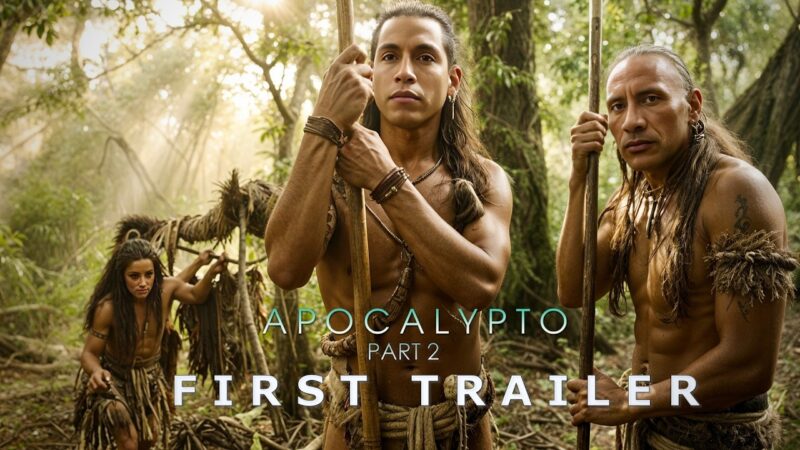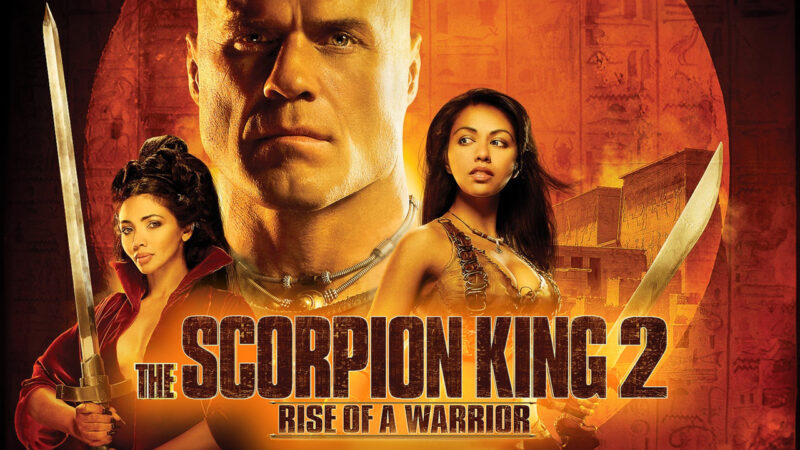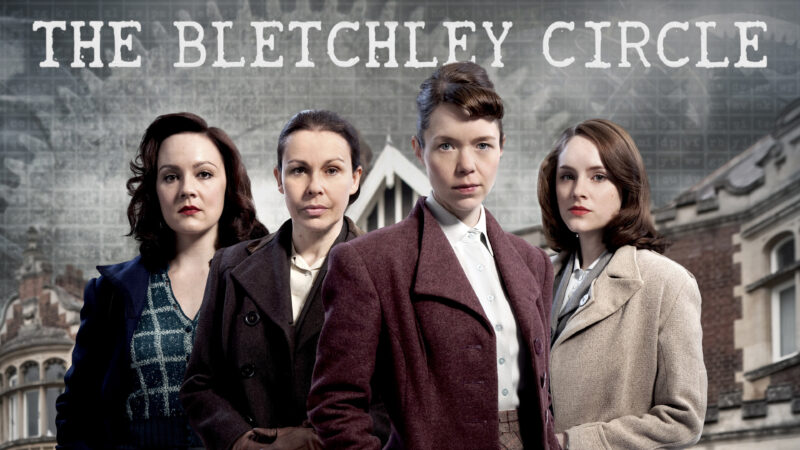🎬🎬Pajarico (1997)

‘Pajarico’ (1997): Carlos Saura’s Poetic Ode to Childhood and Family

In the sun-drenched orchards of Murcia, Spain, Pajarico (1997), also known as Little Bird, unfolds as a tender and bittersweet coming-of-age drama from acclaimed Spanish director Carlos Saura. This intimate film, steeped in autobiographical elements, captures the innocence and curiosity of youth through the eyes of a young boy navigating a summer of discovery. Starring Francisco Rabal, Alejandro Martínez, and Dafne Fernández, Pajarico is a lyrical exploration of family, first love, and the delicate transition from childhood to adulthood. With its evocative visuals and heartfelt performances, the film remains a hidden gem in Saura’s illustrious career, celebrated for its sensitivity and depth.
A Summer of Discovery in Murcia
Pajarico follows Manuel, or “Manu” (Alejandro Martínez), a 10-year-old boy from Madrid who is sent to spend the summer with his father’s family in Murcia while his parents navigate a looming divorce. As Manu rotates among his eccentric relatives—each offering a unique perspective on life—he encounters a vibrant world of orchards, sea, and nature. Surrounded by a warm, lively family, Manu experiences his first taste of love with his cousin Fuensanta (Dafne Fernández) and begins to grapple with the complexities of adulthood, from the allure of poetry and music to the shadows of sexuality, loss, and family secrets.

The film, loosely based on Saura’s own childhood memories in Murcia, is less about a linear plot and more about capturing fleeting moments of growth and wonder. Manu’s interactions with his grandfather (Francisco Rabal), a wise yet playful patriarch, and his various uncles and aunts—each with their quirks and struggles—paint a rich portrait of a family bound by love yet shaped by their imperfections. Through Manu’s eyes, the audience witnesses a world where joy and melancholy coexist, making Pajarico a deeply personal reflection on memory and identity.
Saura’s Cinematic Craftsmanship
Directed and written by Carlos Saura, one of Spain’s most revered filmmakers alongside Luis Buñuel and Pedro Almodóvar, Pajarico showcases his signature ability to weave personal stories with universal themes. The film’s visual language, crafted by cinematographer José Luis López-Linares, is sumptuous, with golden-hued landscapes and intimate close-ups that evoke a sense of nostalgia. The Murcia setting, with its lush gardens and coastal beauty, becomes a character in itself, reflecting the warmth and vibrancy of Manu’s experiences. Alejandro Massó’s delicate score, complemented by songs like “Mano Negra” by Manu Chao, enhances the film’s emotional resonance, blending traditional Spanish melodies with a modern edge.

Francisco Rabal delivers a standout performance as Manu’s grandfather, infusing the role with warmth, wisdom, and a touch of mischief that steals every scene. Young Alejandro Martínez, in his debut role, brings an authentic innocence to Manu, capturing the curiosity and vulnerability of a child on the cusp of maturity. Dafne Fernández, as Fuensanta, adds a spark of youthful charm, making their budding romance both tender and relatable. The ensemble cast, including Manuel Bandera, Juan Luis Galiardo, and María Luisa San José, enriches the film with their nuanced portrayals of the eclectic family.
Themes of Memory and Transition
At its core, Pajarico is a meditation on the fleeting nature of childhood and the enduring impact of family. Saura explores the tension between innocence and experience, as Manu encounters life’s pleasures—poetry, music, and first love—alongside its darker realities, such as divorce, mortality, and hidden family tensions. The film’s autobiographical roots lend it an intimate authenticity, with Saura drawing on his own childhood in Murcia to craft a story that feels both personal and universal. Themes of nature and cultural heritage also permeate the narrative, with the Murcia landscape serving as a backdrop for Manu’s awakening to the world around him.

While some critics, like those at SensaCine, have called Pajarico one of Saura’s less cohesive works due to its episodic structure and familiar coming-of-age tropes, others praise its emotional depth and visual beauty. The film’s lack of a central dramatic conflict, as noted by Variety’s Leonard Klady, is intentional, prioritizing atmosphere and character over plot-driven tension. This approach aligns with Saura’s broader filmography, which often favors contemplative storytelling over conventional narratives.
Reception and Legacy
Pajarico premiered at the 21st Montreal World Film Festival in August 1997, where Carlos Saura won the Best Director award, shared ex aequo, for his sensitive portrayal of childhood. The film later received the Paoa Award at the 1998 Viña del Mar International Film Festival in Chile, with the jury praising its “sensitivity and depth, the mood and the warmth of the creation.” Released theatrically in Spain in April 1998, Pajarico earned modest critical acclaim, with an IMDb rating of 6.5/10 and a FilmAffinity score of 5.8/10. Critics lauded Francisco Rabal’s performance and the film’s lush cinematography, though some felt it lacked the intensity of Saura’s earlier works like Cria Cuervos (1976).

Despite its understated release, Pajarico has found a dedicated audience over the years, particularly among fans of Spanish cinema and Saura’s introspective style. Its availability on platforms like Dailymotion and Google Play (though currently listed as unavailable on some services) has helped it endure as a cult favorite. The film’s comparison to works like Ingmar Bergman’s Fanny and Alexander and Isabel Allende’s The House of the Spirits underscores its charm as a family saga with a touch of magical realism.
Why You Should Watch
Pajarico is a must-see for those who appreciate poetic, character-driven dramas that capture the essence of childhood. Carlos Saura’s masterful direction, combined with Francisco Rabal’s captivating performance and the stunning Murcia backdrop, creates a film that is both a nostalgic journey and a timeless reflection on growing up. Its blend of humor, tenderness, and melancholy makes it a rewarding experience for viewers seeking stories that resonate on a deeply human level.
While not currently available on major streaming platforms like Netflix or Hulu, Pajarico can be found on select sites like Dailymotion or through DVD rentals. For fans of Saura’s work, consider exploring Cria Cuervos or Elisa, Vida Mía for more of his introspective storytelling. As Manu discovers love and life under the Murcia sun, Pajarico reminds us that the smallest moments can leave the biggest mark on our hearts.





